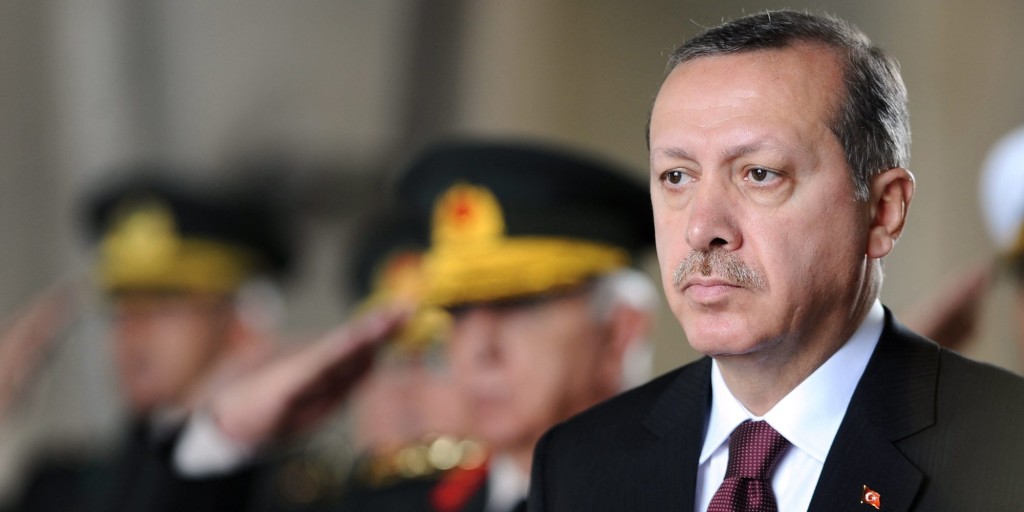The last disagreements among Turkey and the Vatican State about the Armenian genocide reflect the actual and delicate situation of Ankara’s government. It is not only a linguistic problem between the words ‘genocide’ or ‘massacre’. It has still to be clarified what really happened. For a long time in fact, in Turkey any reference to this argument was prohibited, as shown by Orhan Pamuk’s declaration or Elif Shafak’s novel. Lately, the situation has improved thanks to better public relations between Turkey and Armenia; many Turkish historians are ready to discuss this event. Nevertheless the speech of the Pope has created a lot of tensions. By the way it has to be added that the President of the Turkish republic Erdogan has other priorities at the moment. First of all, the next parliamentary elections in June. The AKP, the majority party, hopes to obtain the two third of the National Assembly for amending the Constitution and giving more powers to the head of state. If this will happen, Turkey will be again a presidential republic. Furthermore, Ankara’s government is focused on new developments in international politics. The last Lausanne’s agreement between US and Iran about nuclear energy demonstrates the loss of Turkish political influence. Until 5 years ago, Turkey, with its economic growth and dynamic geopolitics, was the most important center of the Middle East and an important mediator between USA-UE and Iran about Teheran’s nuclear program. Nowadays, after the so-called ‘Arab spring’, Ankara, due to its errors of consideration and the deceleration of its economic growth, has a minor international importance with respect to the past and did not take part in these last negotiations. Turkey is approaching with Saudi Arabia, a Sunni state and rival to the Shiite Iran, in order to obtain economic helps and reduce Iranian political influence in the Middle East. Despite these facts, Iran still represents for Turkey an essential ally to realize infrastructure projects and to increase trade relations with strategic countries like Pakistan and Turkmenistan. Paradoxically Iran represents also a ‘door’ on the Gulf, so that the Iranian route will replace the Egyptian one after the expiration of the commercial agreement with Cairo at the end of April. For these reasons, Erdogan maintains a sort of ‘ideological ambiguity’ between Saudi Arabia and Iran: he needs both of them for the Turkish economy and for a better international prospective. In a similar contest, there is no space to discuss an event occurred one century ago; however also EU seems not interested in taking a position, maybe in order not to complicate business relationship with Ankara (the new pipeline from Turkey to Italy for example…).

Posted inPolitica estera International

